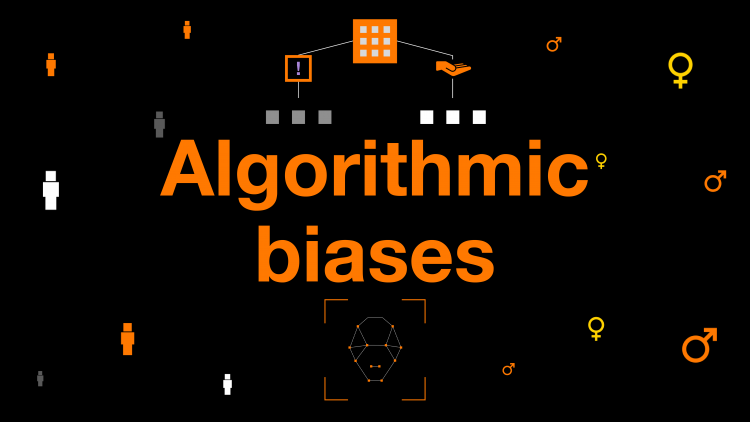Algorithmic biases
Algorithmic biases, whether statistical or cognitive, are distortions in computer models, often resulting from unbalanced training data and/or biased design teams. They affect the accuracy of machine decisions.
Watch the video



Architect J. Vermillion on AI: “the start of what looks to be a big sea change”
Read the article

Video games: AI paves the way for a new generation of visual content
Read the article

